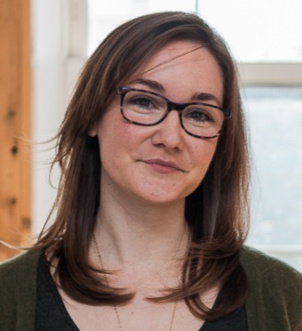
Coworking is hot. In a recent TriplePundit article, Lonnie Shekhtman talks about an inspiring example of coworking at The HUB. Coworking spaces are popping up all over the world, each with a specific set of services, targeted population, and physical design. The website, Deskwanted, allows workers to find coworking spaces in their city, and WNYC, a New York City public radio station, created a map of New York’s coworking locations.
Before the rise of coworking spaces, coffee shops with free wi-fi, and libraries were the de facto workspaces for the office-less worker. Now, some innovative librarians and enterprising libraries are redesigning their spaces to create their own, official, coworking environments. Meg Knodl, a Minnesota librarian and coworking advocate, developed a librarian position at CoCo, a coworking space with locations in Minneapolis and St. Paul. Knodl also educates librarians about how coworking can fit inside libraries.
The timing seems perfect: libraries are struggling to maintain relevance as more material is available for free online, and workers are looking for space to plug in their laptop, meet with collaborators, and even host events. A Sustainable Economies Law Center article on Shareable notes that libraries have long been centers for the sharing economy and with digitization, libraries can be more creative with physical space.
Thomas Scott, a member of CoLab Nashville, says that a good coworking space should be:
Flexible - Offering multiple workspace options for different types of businesses and accommodating businesses as they grow and change.
Collaborative and inspiring - With spaces that encourage conversation and interaction between workers.
Affordable - Coworking is attractive to startups, freelancers and artists, groups who need pricing options that fall below a traditional office space.
Just this month, the Brooklyn Public Library’s central branch opened the Shelby White and Leon Levy Info Commons. This new addition to the library features workspace for 70 laptop users, meeting rooms with flat screens (including one room that doubles as a recording studio), and a training lab for classes and workshops. Creative entrepreneurs are looking for ways to save money, connect with their communities and thrive in inspiring workspaces. Could this be the future of libraries?

Heidi Sistare is a freelance writer who just completed the documentary writing and multimedia storytelling program at the Salt Institute for Documentary Studies in Portland, Maine. She holds a BA in Social Work from Warren Wilson College and has experience in non-profit management, community development, and planning for small businesses. Visit her website at: www.heidisistare.com














